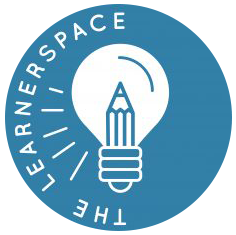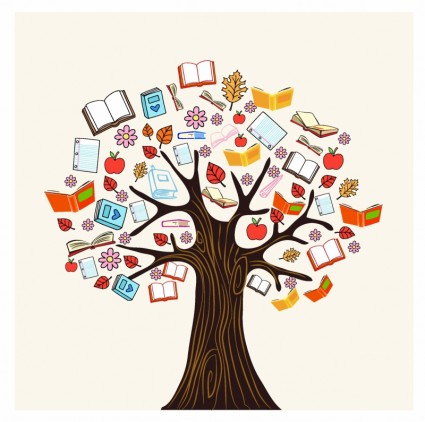by Gabriel Rshaid (gabriel.rshaid@thelearnerspace.org)
For ages immemorial we have sought to bring order to most things in life, including knowledge. Much of the learning that still takes place is predicated on trying to break down, systematize, sort out and categorize complex reality into areas, disciplines, subject matters, units, themes, topics and categories.
These attempts at compartmentalizing were logical in their efforts to isolate successive portions of reality to make them attainable, within our respective grasps, and susceptible to learning and ulterior processing and analysis. Such an approach made sense in a world that was artificially rendered linear, predictable, trying to exert as much control as possible over our lives, work and areas of study.
It was a world where certainties were, if not altogether achievable, at least desirable, where the all too natural human trend for the safety of well-established boundaries and models could be easily satiated. In their multiple incarnations, our mental boxes took the form of thematic indexes, alphabetical entries, syllabuses, encyclopedias, indicators, balanced scorecards, numeric evaluations of everything, rankings and other methods to not only categorize and quantify reality and knowledge, but also to record it, seeking to preserve the immutable essence of what was happening, whether in academia or in the business world.
Schools were carefully contrived instances of order and categorization. Master documents subsumed and reflected in the form of standards, contents, skills and other paradigms of certainty the then current state of the art on learning and knowledge. Especially in the high school, subject matter specialists reflected even a sense of belonging, the primary allegiance within the school structure and organization.
The whole school culture echoed this quest for reassurance in the comfort of its structures. The best schools were those that had clearly established norms, procedures, policies, records, systems of rigorous accountability and measurement, benchmarks and external exams validating school education. This seemingly unquenchable thirst to rank and sort even extended to the global world, where the well intentioned efforts of the PISA evaluation to transcend standardized exams towards a more holistic and comprehensive assessment of skills, ended up being its worst nightmare, a hard ranking that determines the collective self-esteem of national educational systems.
In the meantime, and oblivious to these forces at play in life and education, a dramatic revolution was taking place. The advent and generalization of the Internet, ubiquitous mobile connectivity and the exponential improvements in storage capacity and processing power, all combined for a perfect storm that fundamentally altered the learning paradigm, affecting al orders of life. The world accessible to each individual suddenly became infinite, and our hitherto limited access to reality was completely flattened, obliterating distances and frontiers to give rise to an irreversibly globalized world. From dealing, as best as we could, with our proximal environment, we became susceptible to an overwhelming multitude of stimuli that challenge us with schizophrenic intensity to discern our roles as individuals and members of our local and the global community.
And knowledge became less fixed, no longer immutable, dynamic, transient, accessible, free. Linearity yielded to the ineffable charm and perils of uncertainty, artificial separations no longer made sense when integrated reality became easily accessible, compartments no longer meaningful, disciplines revisited, the future unknown by definition. Big data promises to trump causality with correlation and statistics take precedence over analytical approaches. Processes are no longer sequential but organic. The frenetic pace of change challenges us not to learn contents abut to become nimble in our skills and motivation to learn, for life.
Despite the seemingly unfathomable challenges presented, it is the best time in history to be a learner. As we collectively take our initial hesitant steps into this new world of knowledge, as we let go of our human desire for order to willingly surrender to chaos as a catalyst for learning, change as the ultimate opportunity for growth, as we blissfully abandon ourselves to world in constant flux, we rejoice in the freedom that learning will finally allow us ty unabashedly pursue or passions and interests, to seek joy in learning, to love what we do. After we take away all these layers of complexity and face the ultimate truths about life and learning, we will realize that our pursuit of order and structures had always been vain and ephemeral and that it was only through joy and love that we can successfully resolve this eternal paradox that knowledge has always been.

